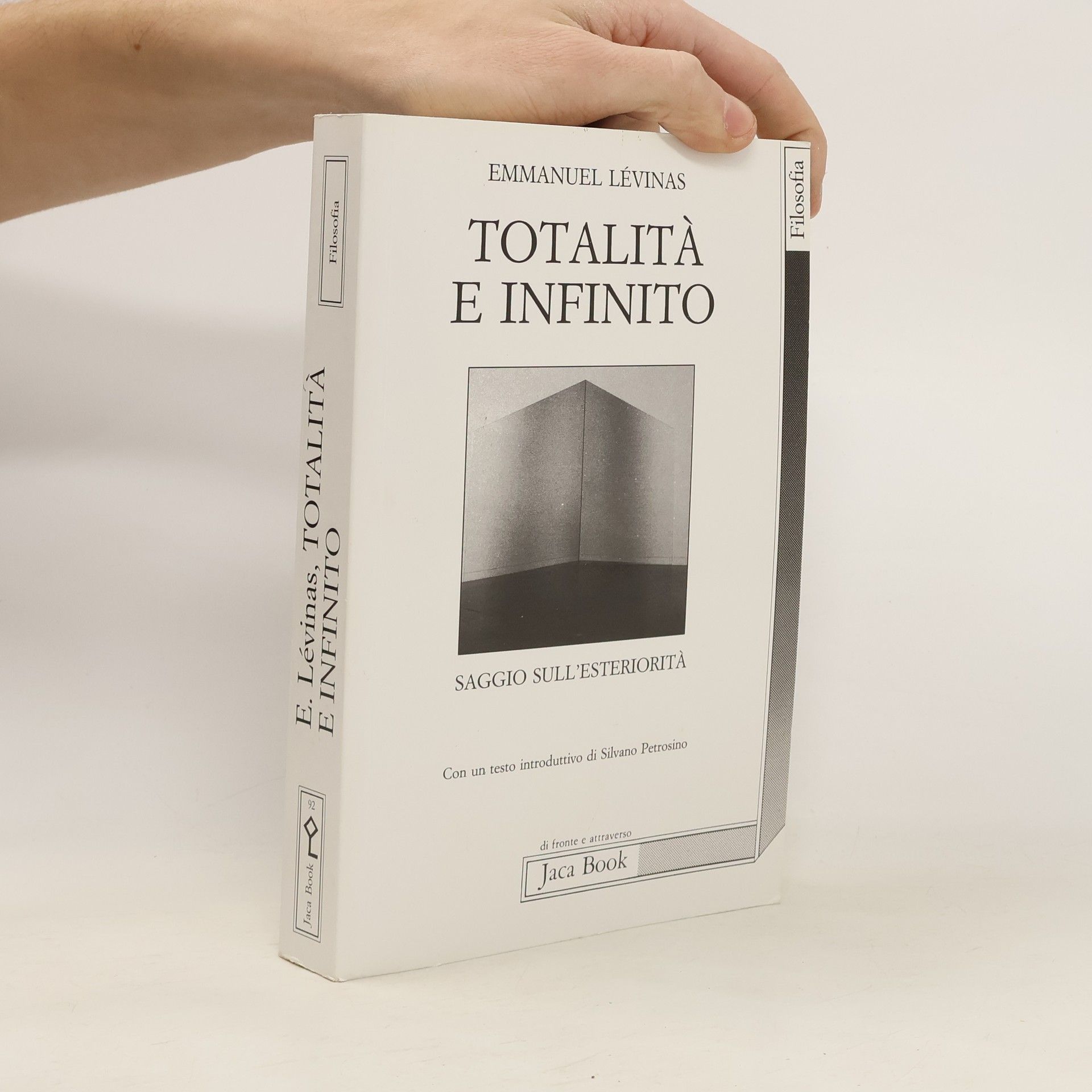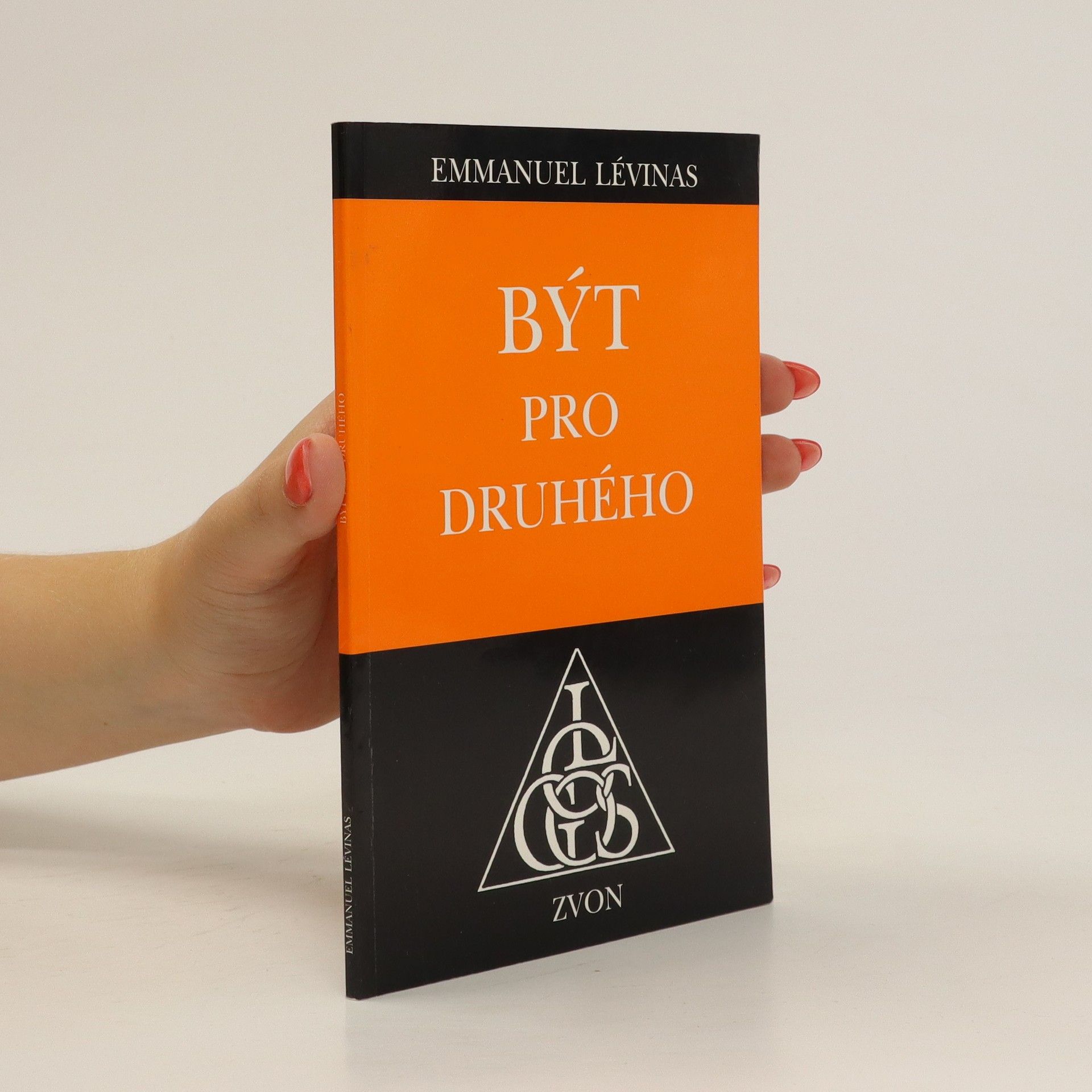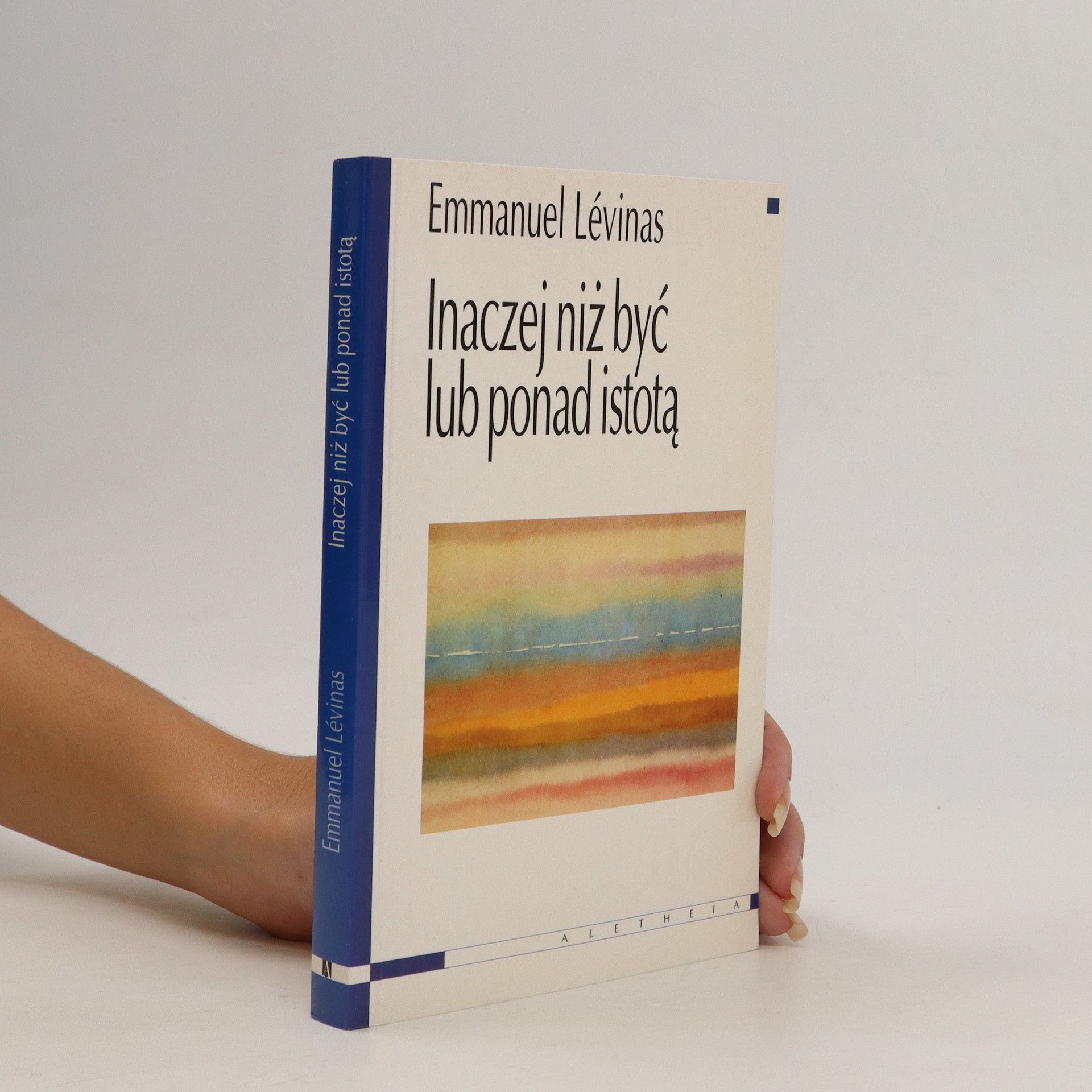Objevování existence s Husserlem a Heideggerem
- 262 stránok
- 10 hodin čítania
Kniha Objevování existence s Husserlem a Heideggerem (1967) obsahuje soubor textů, které Emmanuel Levinas – jedna z klíčových postav filosofie dvacátého století – věnoval myšlení zakladatelů fenomenologie. Tyto studie vznikaly v období pokrývajícím několik desetiletí. Úvodní část knihy obsahuje Levinasovy rané studie o Husserlovi a Heideggerovi, jejichž cílem je představit jejich myšlení francouzskému čtenáři. V dalších částech najdeme texty, ve kterých si Levinas se svými někdejšími učiteli vyrovnává účty, pokud jde o specifičtější otázky – o problematiku řeči, intencionality, počitku atd. Toto zaujetí odstupu mu potom umožňuje vybudovat v průběhu času svou vlastní, původní myšlenkovou pozici, která bude ve své rozvinuté podobě vyjádřena v knihách Totalita a nekonečno(1961) či Jinak než být aneb mimo esenci (1974). Konkrétní podoby rozvíjení této pozice lze sledovat v textech tvořících závěrečné partie přítomného souboru, v nichž jsou některé motivy ze zmíněných knih již zcela jasně naznačeny. Čtenáři se tímto způsobem dostává do rukou určité svědectví o filosofickém vývoji Levinase samotného, jež bezesporu umožňuje lépe uchopit jeho vlastní přínos pro francouzskou fenomenologii i pro filosofii obecně.









